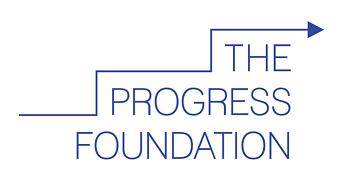Over the past two years, the current government has revolutionised the relationship of central government with the charity sector.
Charities which had become used to receiving core funding from the Office for Civil Society found this funding terminated with very little time to build up alternative ways of raising money. Those organisations which were fleeter of foot made redundancies and cut other costs fast enough to keep going at a much reduced level. Others found the change much tougher and have had to merge with other organisations or close their doors, with the loss of much valuable experience.
Another major change to the funding structure has been the move towards “payment by results” (PBR) programmes, often managed through private sector organisations such as A4E and Serco. This change has created a whole new set of issues for charities to confront. There have been some interesting articles on these issues, for instance in this Guardian article. This article is neither scientific nor exhaustive, but I want to highlight some of the issues I have observed in the hope that I can add to the debate on how the process can be improved.
The first issue is the move from government contracts which provided up front funding to a system in which payment comes at the end of a period of work. As CAF have pointed out here most charities do not have buffers of cash or reserves which allow them to fund this significant change. This puts them off applying for PBR work unless they can borrow the working capital to bridge the gap. Some charities have done this, not least from CAF’s Venturesome. Others are reluctant to follow this route because they see the PBR payments as too risky.
Anecdotal evidence indicates that they are right to be wary – the companies with the PBR contracts tend to negotiate with a wide range of charities that can deliver the services, but do not guarantee how much work they will give them. In practice, they seem to use the cheapest providers, not necessarily the most effective. This can mean that the charities with a proven track record of success lose out and have to make skilled practitioners redundant. Over time, I hope the likes of A4E and Serco will learn that you get what you pay for – it is no good going to cheaper providers who do not deliver the required results. They will also learn that charities, like any other organisation, need some certainty – they cannot staff up in the expectation and promise of work which never materialises.
Another complaint which I hear from charities is that PBR programmes tend to be too prescriptive about inputs, limiting their freedom to deliver the programmes in a way which seems best based on their (often extensive) experience – this seems bizarre for a programme which claims to be all about generating the right results. I do not know if this is a function of the way in which A4E and Serco delegate or whether it is a feature of the contracts handed down by government. Whatever the reason, the effect is that a programme which should be about delegation and creativity has the result of stifling innovation and experimentation of different approaches to social problems. It is up to independent funders to make sure that a range of approaches continues to be available – especially if PBR programmes continue to force charities into a uniformity of approach.
